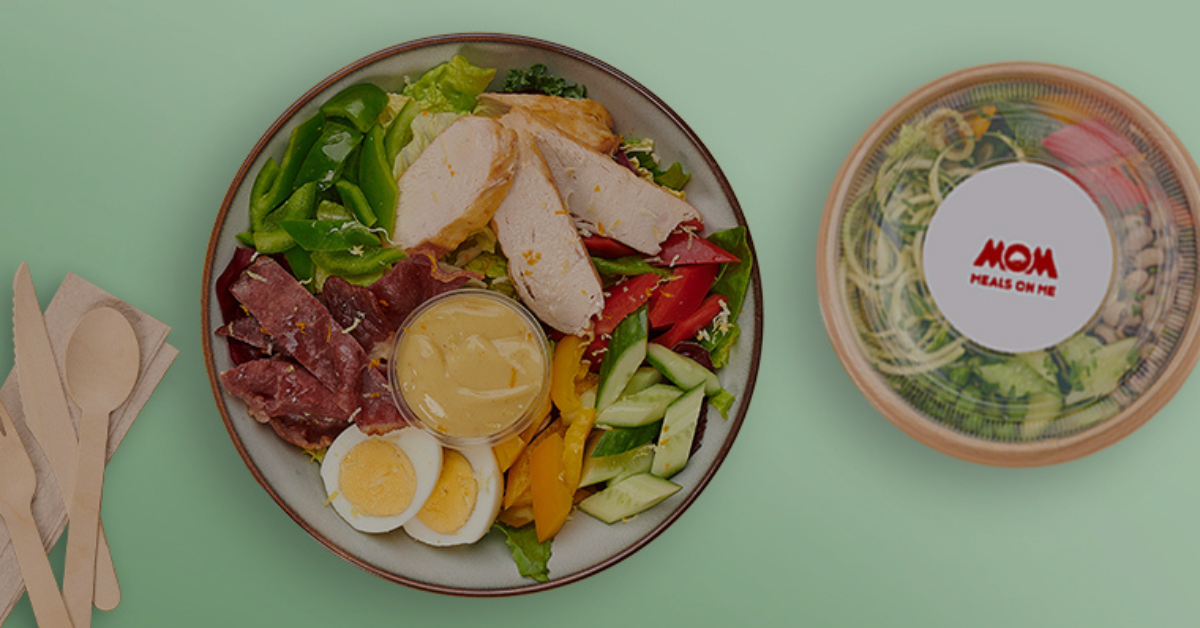Being a working professional juggling multiple responsibilities, I know firsthand how challenging it can be to maintain a healthy diet during the week.
With long work hours, commutes, and social commitments, it’s easy to fall into the trap of relying on fast food or unhealthy convenience meals.
However, I’ve discovered that meal prepping is the ultimate solution to this dilemma, and it has transformed the way I approach my weekday meals.
Key Takeaways
1. Meal prepping is a great way to save time and eat healthy during the week.
2. To meal prep successfully, you need to plan your meals ahead of time, considering your calorie needs and dietary preferences.
3. There are many different meal prep techniques, such as batch cooking, portioning, and freezing meals.
4. Meal prepping can help you save time, money, and stress, and improve your overall health.
In this comprehensive guide, I’ll share my tried-and-true strategies for successful meal prepping, ensuring you have delicious, nutritious meals at your fingertips, even on the busiest of days.
The Power of Planning Ahead
The foundation of effective meal prepping lies in meticulous planning. Before diving into the cooking process, it’s essential to dedicate some time to thoughtful meal planning.
At the start of each week, I carve out an hour or two to map out my meals for the upcoming days.
During this planning phase, I consider several factors:
Calorie Needs and Dietary Preferences
I assess my daily calorie requirements and any specific dietary preferences or restrictions I may have. This helps me design balanced meals that align with my nutritional goals.
Recipe Selection
I scour my favorite recipe sources, whether it’s cookbooks, food blogs, or meal-planning apps, in search of delicious and healthy options. I aim for a diverse mix of recipes that incorporate a variety of proteins, complex carbohydrates, and an abundance of vegetables.
Grocery List Creation
Once I’ve settled on my meal plan, I meticulously create a grocery list, ensuring I have all the necessary ingredients on hand. This step not only streamlines the shopping process but also helps me stay within my budget by minimizing food waste.
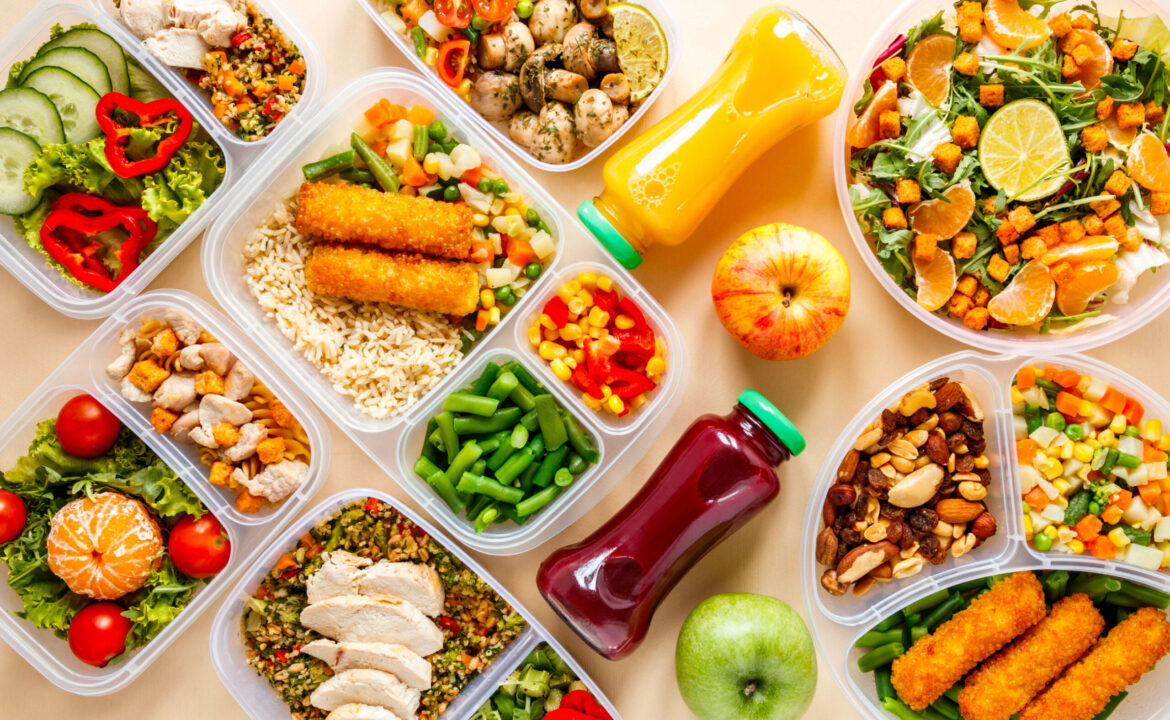
Mastering Meal Prep Techniques
With my meal plan and grocery list in hand, it’s time to roll up my sleeves and dive into the meal-prepping process. Here are some key techniques I’ve mastered over the years:
- Batch Cooking: Whenever possible, I embrace the art of batch cooking. This involves preparing larger quantities of certain components, such as grains, proteins, or roasted vegetables, which can then be easily incorporated into multiple meals throughout the week.
- Portioning and Containerizing: Proper portioning and containerizing are essential for meal-prepping success. I invest in high-quality, airtight containers that can be easily stored in the refrigerator or freezer. I portion out meals in advance, ensuring I have the right serving sizes for each meal.
- Meal Assembly: While some meals can be fully prepared in advance, others may require a bit of assembly just before consumption. For these, I keep components separate and provide clear instructions or labels for easy assembly.
- Freezer-Friendly Meals: For longer-term meal prepping, I incorporate recipes that freeze well. Soups, stews, and casseroles are excellent options, as they can be easily defrosted and reheated on busy weeknights.

Healthy and Delicious Recipe Ideas
One of the beauties of meal prepping is the ability to create a diverse array of flavorful and nutritious meals. Here are some of my go-to recipe ideas:
Breakfast:
- Overnight Oats with Fresh Berries and Nut Butter
- Veggie-Packed Frittata Muffins
- Greek Yogurt Parfaits with Granola and Fresh Fruit
Lunch:
- Mason Jar Salads with Protein-Packed Toppings
- Quinoa and Black Bean Stuffed Bell Peppers
- Whole Grain Pasta Salad with Roasted Veggies
Top 10 Superfoods and Their Amazing Benefits
Dinner:
- Slow Cooker Chicken Fajita Bowls
- Baked Salmon with Roasted Potatoes and Asparagus
- Lentil and Sweet Potato Curry
Snacks:
- Homemade Trail Mix with Nuts, Seeds, and Dried Fruit
- Hummus and Veggie Sticks
- Hard-Boiled Eggs with Everything Bagel Seasoning
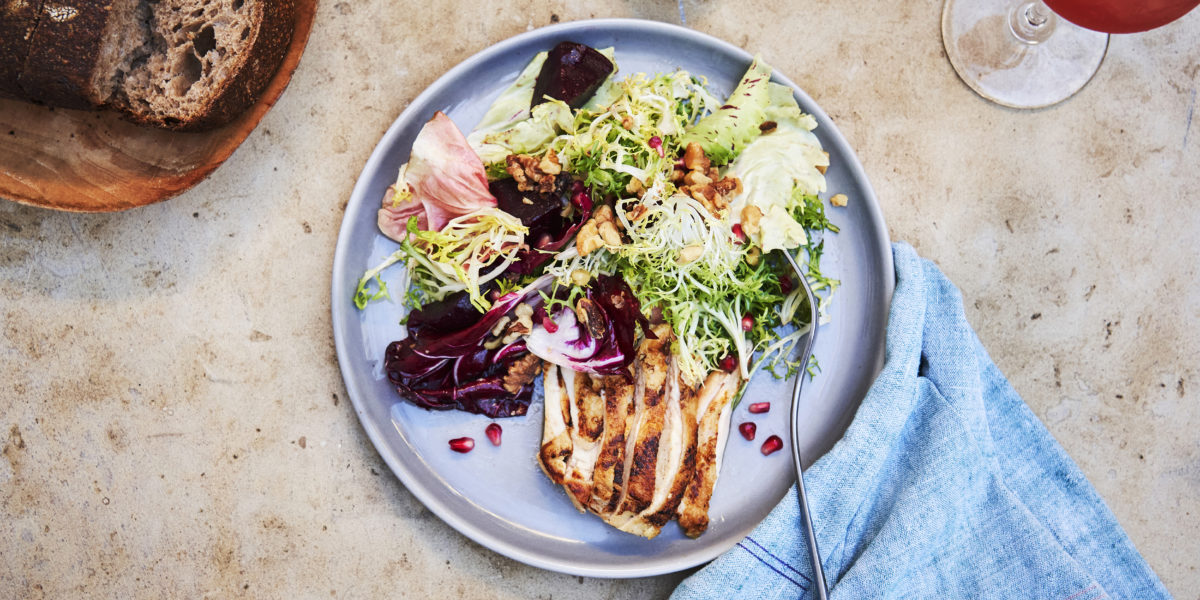
The Benefits of Meal Prepping
Embracing meal prepping has transformed my weekday routine in countless ways. Here are just a few of the remarkable benefits I’ve experienced:
- Time-Saving Convenience: With a fridge stocked with pre-portioned meals, I no longer have to spend precious time cooking after a long day at work. I can simply grab a pre-prepped meal and enjoy a healthy dinner in minutes.
- Improved Nutrition: By taking control of the ingredients and cooking methods, I can ensure that my meals are packed with wholesome, nutrient-dense foods. This has led to improved energy levels, better digestion, and an overall sense of well-being.
- Cost Savings: Meal prepping has significantly reduced my food expenses. By planning and buying in bulk, I can stretch my grocery budget further while minimizing food waste.
- Reduced Stress and Decision Fatigue: With my meals already planned and prepared, I no longer have to agonize over what to cook or worry about last-minute grocery runs. This has alleviated a tremendous amount of stress and decision fatigue from my weekday routine.
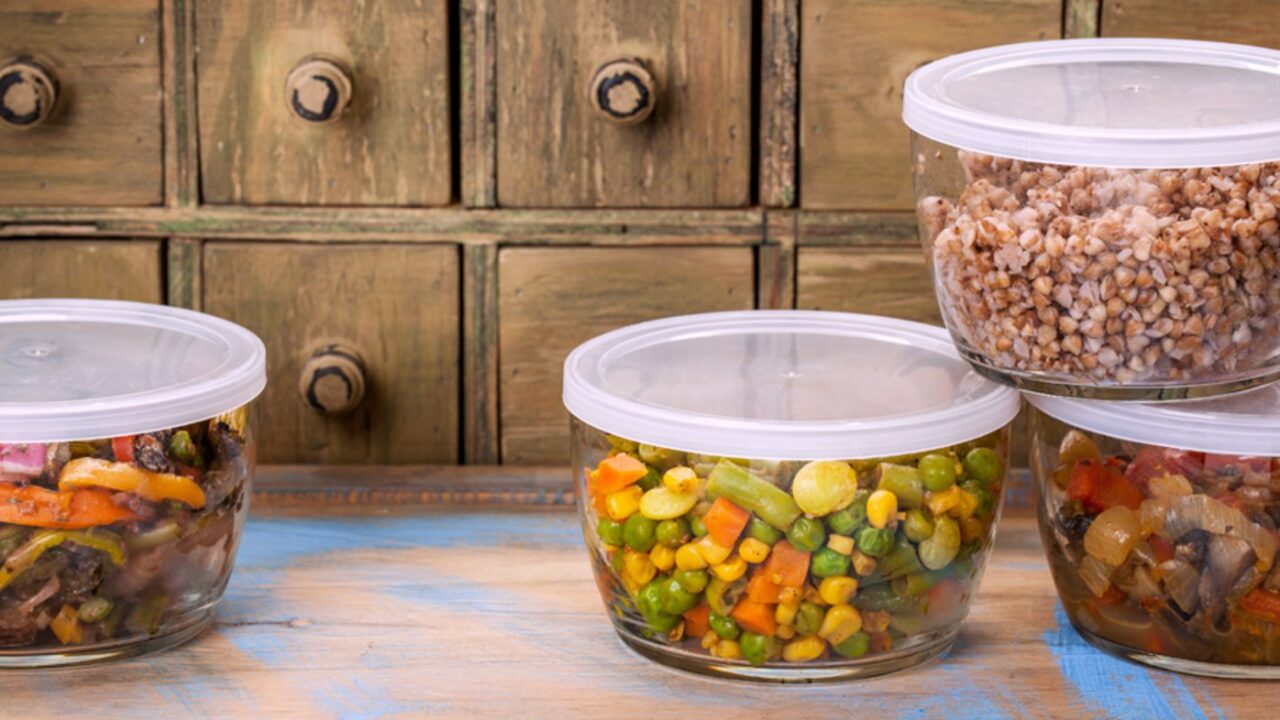
Meal Prep Storage and Safety
To ensure the longevity and safety of your prepped meals, it’s crucial to follow proper storage guidelines:
- Refrigerator Storage: Most prepped meals can be safely stored in the refrigerator for 3-4 days. Use airtight containers and label them with the preparation date for easy tracking.
- Freezer Storage: For longer-term storage, the freezer is your best friend. Properly frozen meals can last for several months. Be sure to use freezer-safe containers and allow hot foods to cool completely before freezing.
- Reheating Safely: When reheating prepped meals, ensure they reach an internal temperature of 165°F (74°C) to kill any potential bacteria. Use the microwave, oven, or stovetop for reheating, and stir or rotate the food occasionally for even heating.
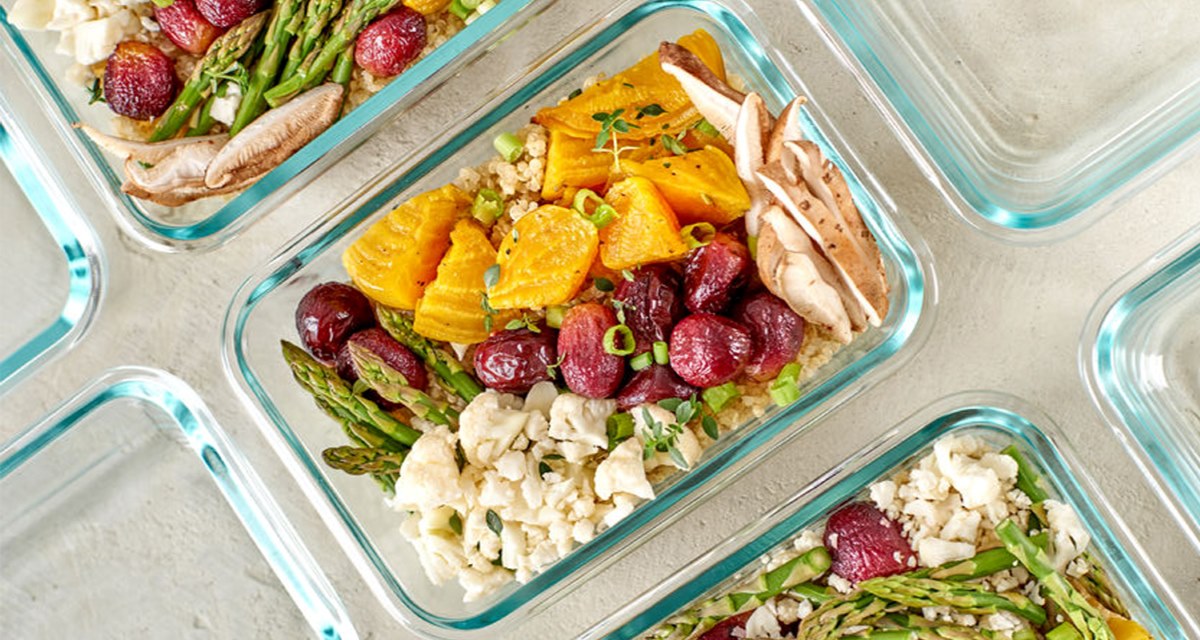
Embrace the Meal Prep Lifestyle
Meal prepping has truly transformed my approach to weekday meals, allowing me to prioritize my health and well-being without sacrificing convenience or flavor.
By following the strategies outlined in this guide, you too can conquer the challenges of busy schedules and enjoy delicious, nutritious meals every day.
Remember, meal prepping is not a one-size-fits-all approach. Experiment with different recipes, techniques, and meal plans until you find a system that works best for your lifestyle and preferences.
Debunking 5 Common Nutrition Myths: Fact vs. Fiction
Embrace the process, have fun with it, and savor the rewards of a healthier, more organized, and stress-free weekday routine.

